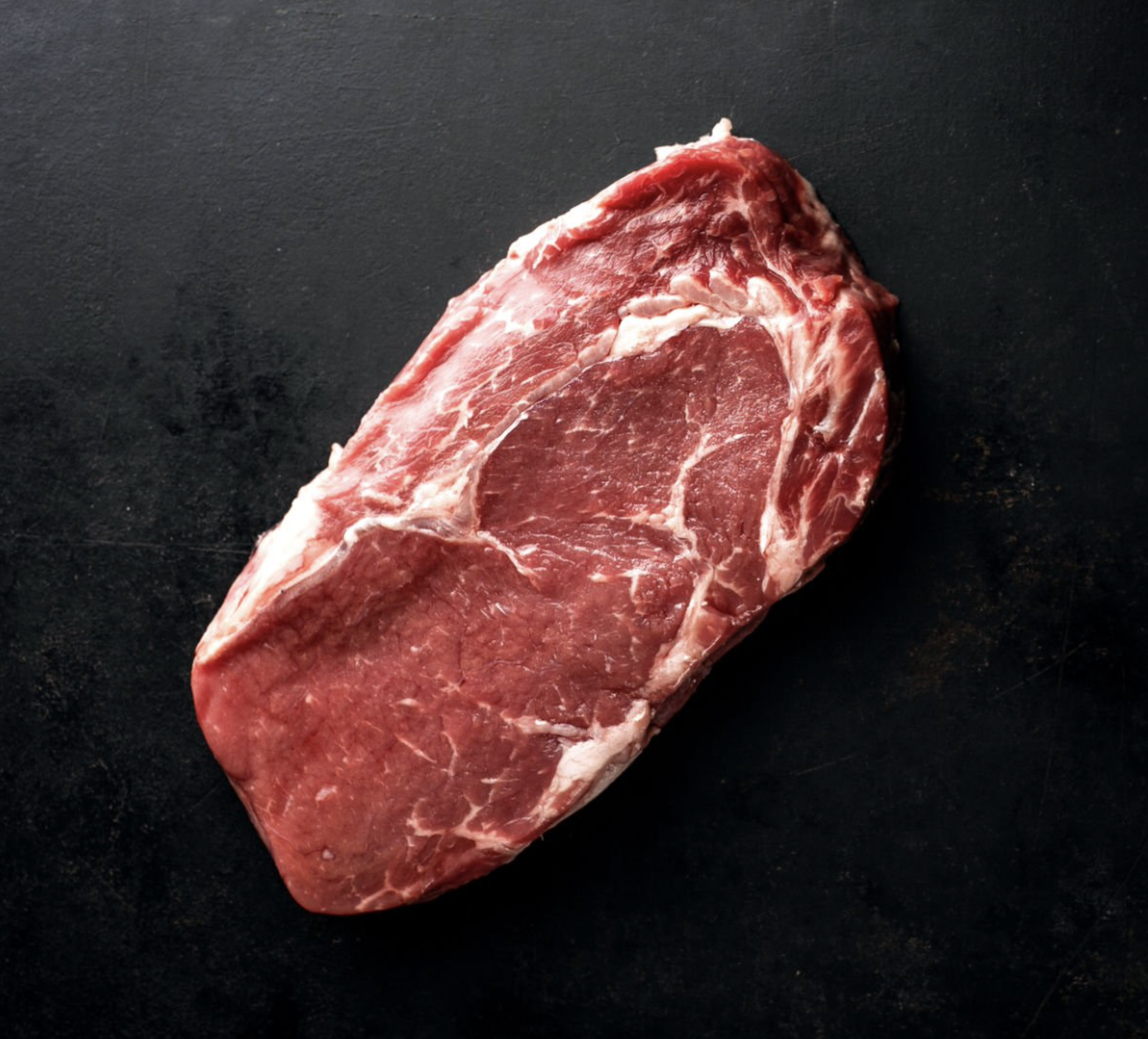
The global demand for premium meats continues to grow, with countries trading a wide variety of beef, pork, poultry, and lamb products. International meat trading companies manage the sourcing, storage, and transportation of these meats, ensuring that they reach markets worldwide safely and efficiently.
International meat trading allows countries to meet the demand for premium cuts and quality meats that may not be readily available locally. By trading meats like beef, pork, poultry, and lamb, businesses ensure that consumers have access to a wide variety of products, regardless of local production levels.
Several types of meat are highly demanded in global markets, including:
Beef products such as flank, striploin, and hindquarter cuts are commonly traded due to their popularity in international cuisines.
Pork bellies, bacon, and pork ribs are widely traded, particularly in regions where pork is a dietary staple.
Chicken legs, wings, and whole birds are in high demand due to their versatility and affordability.
Lamb is a premium meat product that is highly valued in various cultural cuisines and is commonly traded internationally.
International meat trading requires careful attention to logistics to ensure that products remain fresh and safe for consumption. Here’s how meat is traded globally:
Maintaining an unbroken cold chain is crucial for transporting fresh and frozen meats, preventing spoilage and ensuring food safety.
Meats are typically vacuum-sealed to maintain freshness during long-distance transport.
The international trade of meat products faces several key challenges, including:
At Argentrade, we specialize in sourcing and distributing premium meat products to markets worldwide. Our extensive network ensures that only the highest-quality meats are traded, and our cold chain logistics maintain the freshness and safety of the products throughout transit.